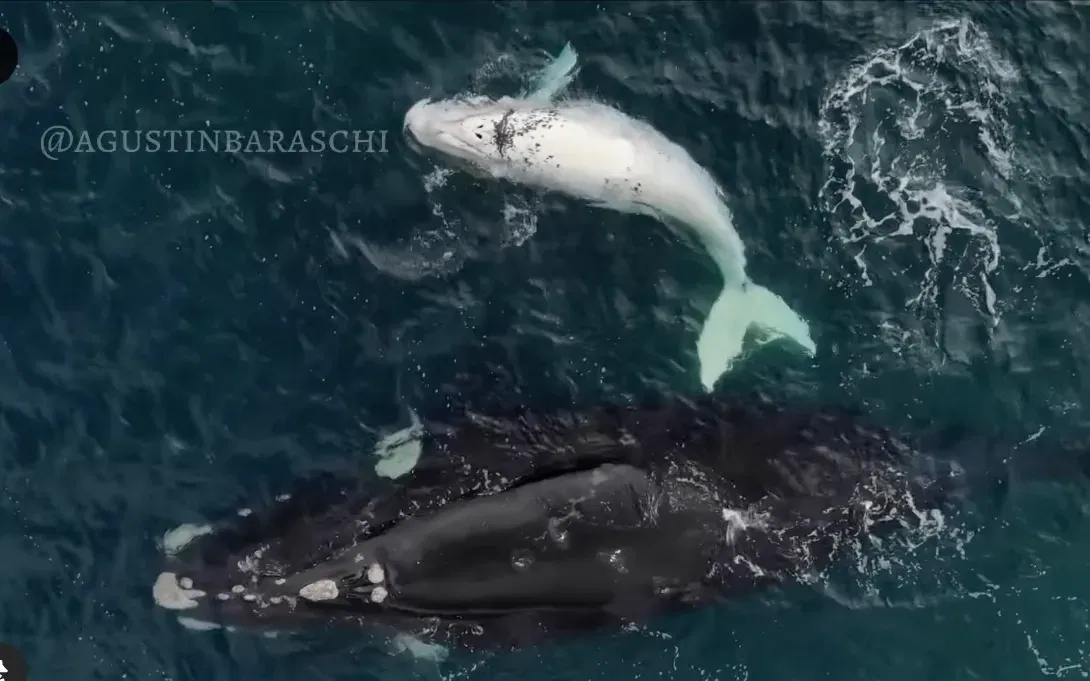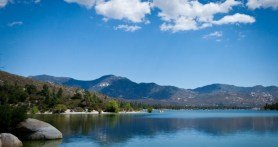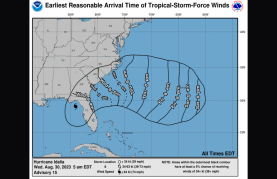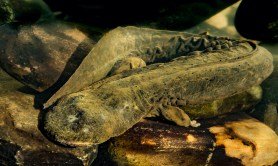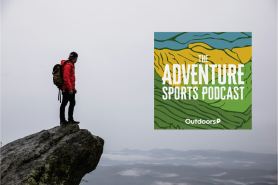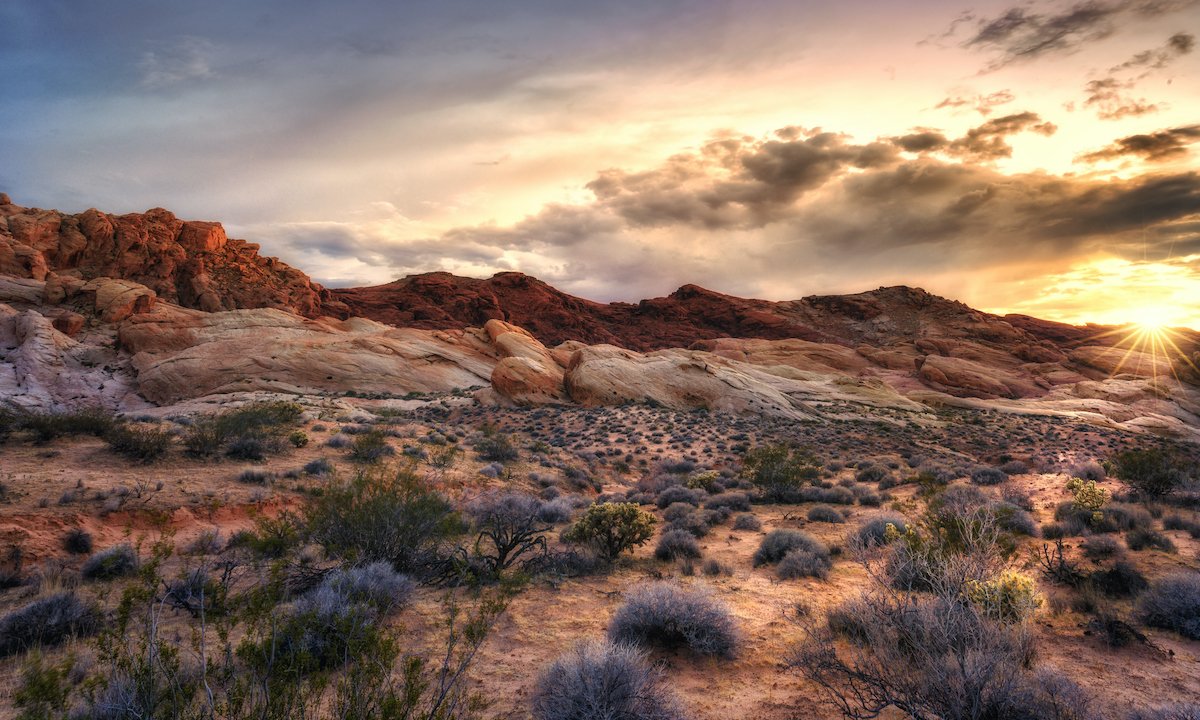

On March 21, the Biden Administration officially designated two brand-new national monuments: Avi Kwa Ame in Nevada and Castner Range in Texas. The monuments will protect a combined 514,000 acres of public land, which will be open to hiking, camping, and outdoor recreation of all kinds.
Avi Kwa Ame National Monument is a swath of gorgeous desert landscape located just south of Las Vegas. It’s sacred to local Indigenous people, including the Fort Mojave tribe. (“Avi Kwa Ame” is Mojave for “Spirit Mountain.”) The landscape includes rugged cliffs, unique rock formations, and vast Joshua tree forests.
The Castner Range was used as a testing site during World War II, the Korean War, and the Vietnam War. Like Avi Kwa Ame, it has cultural significance for a number of local Indigenous Tribes. Preserving it will protect unique cultural sites and help land managers care for a number of sensitive species, including burrowing owls and golden eagles.
Some strings attached
While many outdoor enthusiasts are celebrating the recent announcement, others point out that the Biden Administration still doesn’t exactly have a perfect environmental track record.
For some, the new designations seem like a distraction. After all, Biden did just allow drilling in the Arctic—something conservationists have worked for decades to prevent. Biden has also approved more fossil fuel extraction leases than Trump did by this point in his presidency, according to reporting from The Guardian.
Still, the new protections are undoubtedly a good thing for outdoor recreationists. Both the Castner Range and Avi Kwa Ame will boast dozens of miles of trails, clear night skies, and rare plant and animal species. Protecting them should also help the Biden Administration hit its goal to protect 30% of U.S. federal land and water by 2030, states the White House press release.
Are national monuments the same as national parks?
National Monuments are different from National Parks, but usually not by much. Those that are managed by the National Parks Service (NPS), like Muir Woods National Monument, tend to be just a step down from bona fide national parks. When Congress looks at establishing new national parks, these national monuments are often first in line.
National monuments that aren’t managed by the NPS can look a bit different. These don’t usually become full-blown national parks, but they enjoy some of the same protections. Avi Kwa Ame is one such monument. Because it’s managed by the Bureau of Land Management (BLM), it may feel similar to a national park, but more varied activities, including grazing and off-road-vehicle use, will be allowed.
Castner Range will be managed by the U.S. Army with input from Native Tribes. It’s the first national monument of its kind to be directly managed by the U.S. military.

